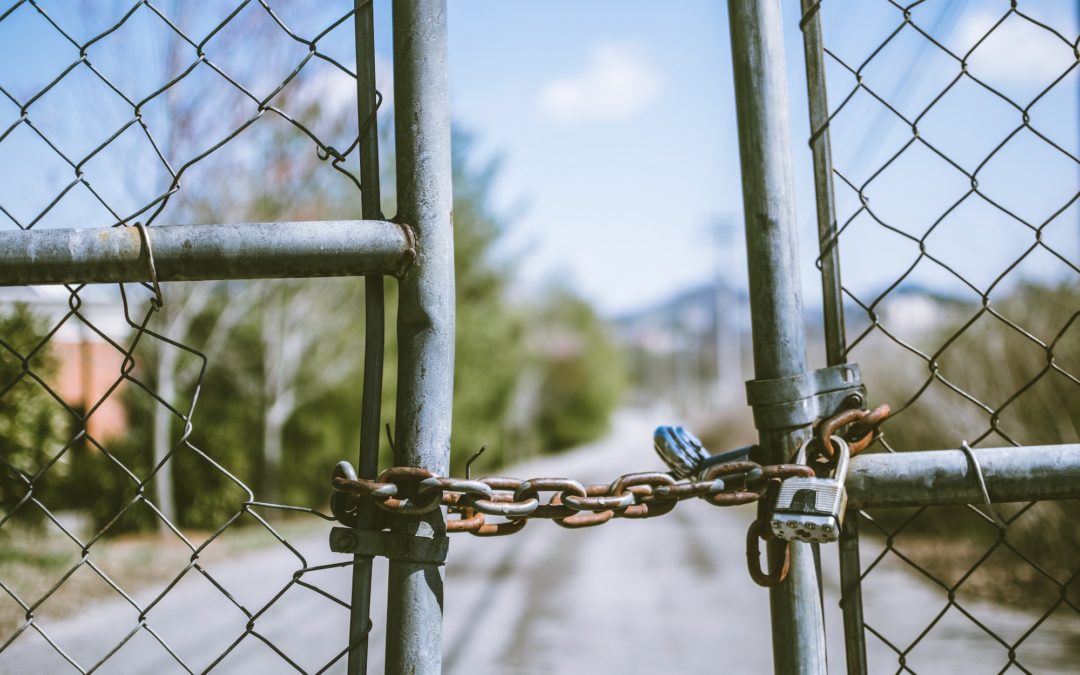So many things can prevent a person from seeking help, or from finishing a rehabilitation program. Admitting that there is a problem is often the most difficult part of the process, and this can take a person years to face. There is an option for families and loved ones of an addicted person if they’re having trouble admitting the truth to themselves, and that’s an intervention, staged by a professional interventionist. Interventionists are trained professionals who specialize in the psychology of addicted people. Interventionists are also therapists. Their usual function, of course, is reasoning with people living with addiction, and swaying them to consider rehab. Interventionists make the process of entering rehab easier for both the addicted person and the loved ones surrounding the addicted person.
An intervention is the safest and easiest way to help with a loved one who doesn’t see the benefits of recovery. While it’s never recommended that families attempt to intervene without professional assistance, this is often the option that parents, in particular, choose to address the issue of addiction in their children. It is uncommon, but still happens occasionally, that a person is actually committed to an institution for their drug and alcohol rehabilitation, or at least a portion of it. This option, though, could result in a person quitting in the middle of the program, feeling that they were forced in. It’s possible for someone to stay in the program after being sent, of course, but it is much easier for progress to be made when a person is ready to change and willing to complete their treatment program. There are dozens of reasons that someone may try to use to explain away their reluctance to change, but there are so many more reasons that all of these concerns won’t likely come to fruition if a person is committed to healing from drug and alcohol addiction.
Denial
 Of all of the reasons that a person won’t consider drug and alcohol rehabilitation, denial is the most-often seen problem. Refusing to see or admit to a problem does more than its fair share to complicate the process of entering rehab. Interventionists may be able to coax out of them that they are actually in need of help, but it’s difficult to always be sure about that. Denial can be so strong that a person will run to get away from the concerns of loved ones, or continue to sink into the lull of drugs and alcohol. What can further complicate the denials of an addicted person is the possibility of living as a high-functioning addict. It is possible to live this way for months, or years, and high-functioning addicts are excellent at denying their problems themselves.
Of all of the reasons that a person won’t consider drug and alcohol rehabilitation, denial is the most-often seen problem. Refusing to see or admit to a problem does more than its fair share to complicate the process of entering rehab. Interventionists may be able to coax out of them that they are actually in need of help, but it’s difficult to always be sure about that. Denial can be so strong that a person will run to get away from the concerns of loved ones, or continue to sink into the lull of drugs and alcohol. What can further complicate the denials of an addicted person is the possibility of living as a high-functioning addict. It is possible to live this way for months, or years, and high-functioning addicts are excellent at denying their problems themselves.
What separates low-functioning addicted people from high-functioning addicted people is that high-functioning addicted people root their denial in the ‘proof’ of their intact life: they’re often employed full-time, supporting a family, and relatively good about maintaining commitments. Middle-aged people with a family history of addiction and a personal history of depression are the group most likely to live as functioning addicts.
Lack of Affordability
While perfect programs exist nowhere, some people are well-aware of the high cost of healthcare, and the high cost of rehab, and choose to try to quit cold turkey, or skip addressing their addictions entirely. Neither option is healthy, and for addicted people, this is dangerous – certain withdrawal symptoms, such as those resulting from methamphetamine withdrawal, can kill a person living with addiction. While affordability is an understandable concern, given the cost of healthcare in the United States, nearly everywhere you go will have some connection to state-sponsored programs that can assist with the cost of treatment.
What’s more is that not every rehabilitation treatment program costs money! There are smaller organizations that offer a type of care that works for people who aren’t in dire need of a residential drug and alcohol treatment program, but even if what you need is a stay in a treatment center, there is not yet a reason to panic if you are in touch with a counselor who can help you navigate the insurance system so that you can get the care that you need. Some places will inevitably have wait lists, but a person working as a counselor will be able to tell you what kind of services are available to those using state-issued insurance.
Mental Illness
Mental illness is one of the more compelling reasons that a person will become addicted to drugs in the first place. Everything from depression and anxiety to dyslexia and bipolar disorder could push a person into the throes of addiction. Depression is the most-often cited mental illness that results in drug addiction, including addiction to prescription of antidepressants. Mental illness may also serve as a reason for the denials that can some from living with addiction to drugs and alcohol. The worst part of mental illness’s effects on drug addiction and vice versa is that it can directly contribute to the denials that someone’s family will have heard dozens of times. Mentally ill people living with addiction require additional support when entering rehab. It is particularly important, especially if there is no official diagnosis of a mental illness, that a person living with addiction have an evaluation for mental illness, and begin treatment for it immediately. Without treating mental illness in a person living with addiction, it is not possible to successfully treat an addicted person.
Lack of Belief in One’s Self, or in the Facility
There are many people living with addiction who simply don’t believe that recovery is possible for them. Compounding things is what may be interpreted as a dismal success rate for drug and alcohol treatment facilities – roughly 40% of people who enter rehab continue to stay sober afterwards. Relapse is common, though there are some facilities investing in ways to reduce the possibility that a person will once again turn to drugs and alcohol for comfort. Also consider that a severely addicted person will have seen people go in and out of rehab, and many have seen arrests and deaths related to drugs. Given their perspective, it is understandable that a person living with addiction might feel that there is no point to rehab, or that no treatment program will work for their drug of choice. These are a group who are tough to convince, and some, proudly so. Even these individuals, though, deserve excellent quality care from a great local facility.

